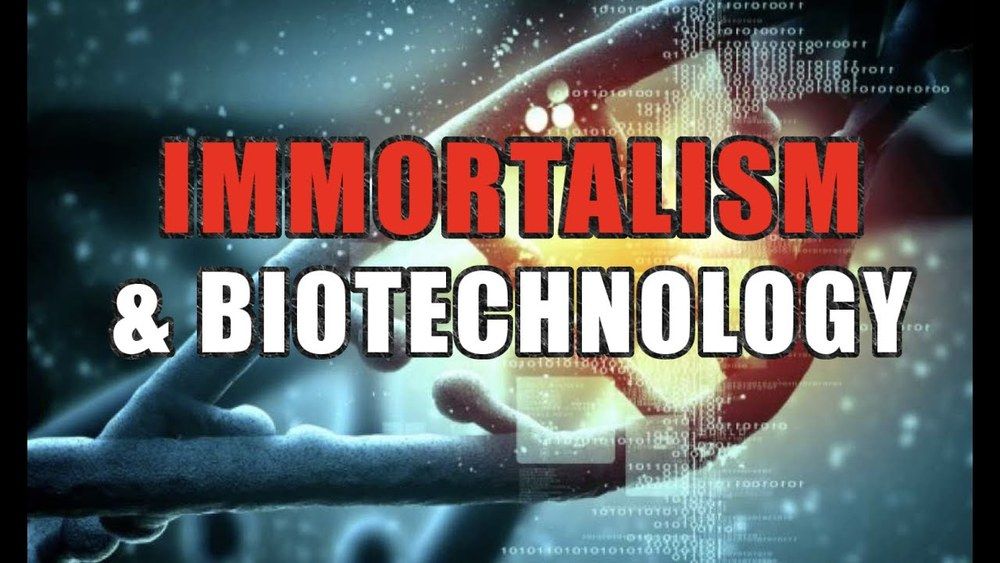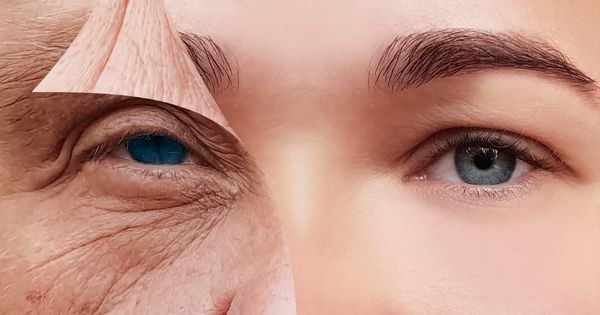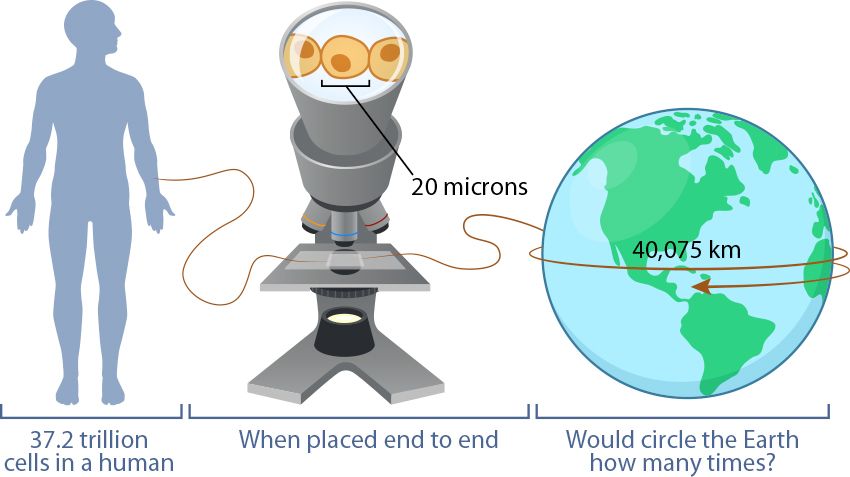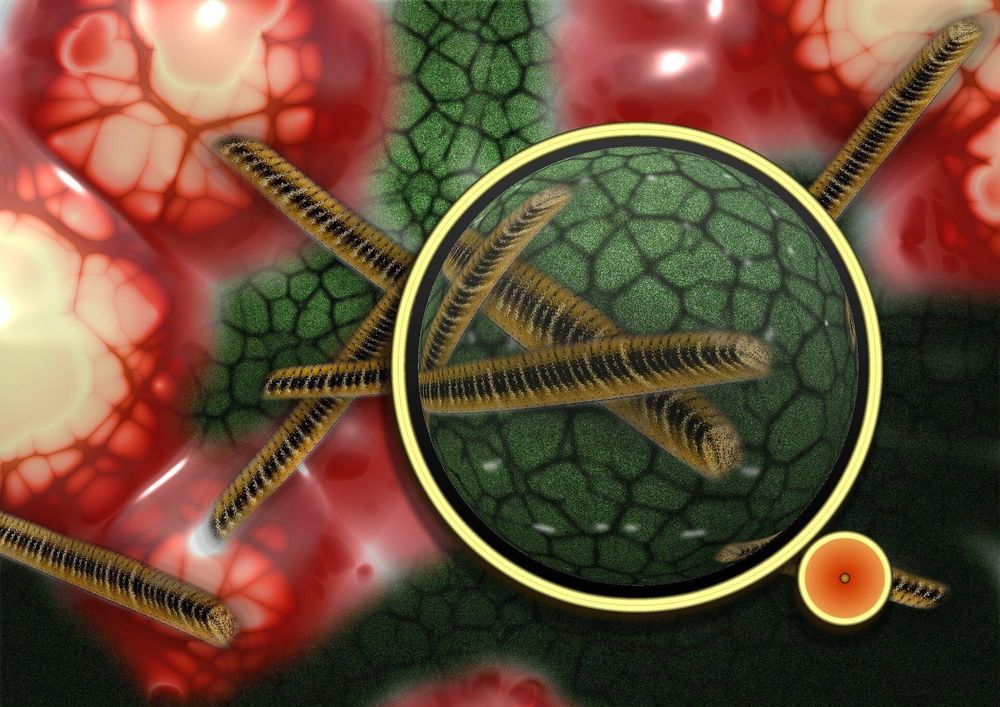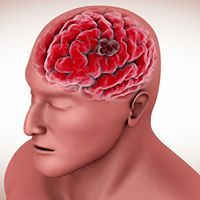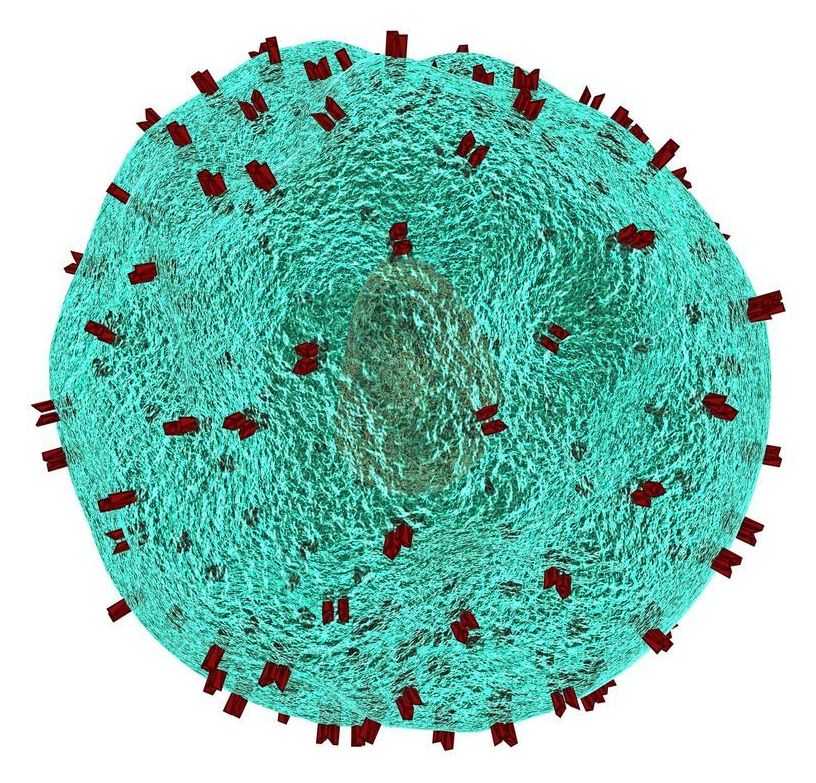Nov 13, 2019
Can we Live Forever? (Full Documentary)
Posted by Paul Battista in categories: 3D printing, bioengineering, bioprinting, biotech/medical, cryonics, economics, education, ethics, genetics, law, life extension, nanotechnology, singularity
TABLE OF CONTENTS —————
0:00–17:57 : Introduction (Meaning of Life)
17:58–37:45 CHAPTER 1: Longevism and Life Extension
—————————————————————————————–
WHY DOES AGING HAPPEN?
—————————————————————————————–
37:46–54:39 CHAPTER 2 : Gerontonology and Aging a. Free Radical Theory of Aging b. Waste Accumulation Theory of Aging c. Stem Cell Theory of Aging d. DNA Damage Theory of Aging.
—————————————————————————————–
HOW DO WE CURE AGING?
—————————————————————————————–
54:39–1:08:39 : CHAPTER 3 :The Biochemical Solution (#1)
a. mitoSENS
b. oncoSENS
c. lysoSENS
d. amyloSENS
e. apoptoSENS
f. repliSENS
g. glycoSENS
1:08:40–2:13:12 CHAPTER 4 : The Physiological Solution (#2)
a. Parabiosis and Biovampirism b. Regeneration and Stem Cells c. Lab Grown Organs and Bioprinting d. Head Transplants and Doppleganger Bodies.
2:13:12–2:33:19 CHAPTER 5 : The Genetic Solution (#3)
a. TALEN genetic engineering b. Zinc-Finger gene tailoring c. CRISPR-Cas9 gene editing.
—————————————————————————————–
WILL WE CURE AGING GENETICALLY?
—————————————————————————————–
2:33:20–2:49:58 : CHAPTER 6 : Genomics and DNA
2:49:59–3:05:48 : CHAPTER 7 : Transcriptomics and RNA
3:05:49–3:22:08 : CHAPTER 8 : Proteomics and TNA
3:22:09–3:39:38 : CHAPTER 9 : Xenobiology and XNA
a. alien proteins b. alien base pairs c. alien DNA
3:39:39–3:54:58 : CHAPTER 10 : Vectors and Gene Therapy (Gene Editing #1)
3:54:59–4:14:57 : CHAPTER 11 : Synthetic Biology (Gene Editing #2)
4:14:58–4:32:14 : CHAPTER 12 : Chimeras, Rianths, and Splices (Gene Editing #3)
4:32:15–4:48:35 : CHAPTER 13 : Ouroborology and Immortal Chimeras (Gene Editing #4)
4:48:36-:5:03:52 : CHAPTER 14 : Kleptoplasty and Photosynthesis (Gene Editing #5)
—————————————————————————————-
HOW TO SURVIVE UNTIL AGING IS CURED
—————————————————————————————-
5:03:53–5:14:27 : CHAPTER 15 : Survive to the Singularity a. the breakeven point b. longevity escape velocity c. the longevity dividend.
5:14:28–5:30:16 : CHAPTER 16 : Centennarians and Blue Zones (Survival Method #0)
a. loma linda b. ikaria c. sardinia d. okinawa.
5:30:17–5:42:26 : CHAPTER 17 : Risk Aversion and Micromorts (Survival Method #1)
a. micromorts
b.microlives
5:42:27–5:58:18 : CHAPTER 18 : Nutraceuticals and Geroprotectors (Survival Method #2)
a. rapamycin b. metformin c. selegilene d. nicotinamide riboside e. resverratrol.
5:58:19–6:12:51 : CHAPTER 19 : Caloric Restriction (Survival Method #3)
a. endocrine b. epigenetic c. genetic
6:12:52–6:51:57 : CHAPTER 20 : Cryonics & Cryogenics (Survival Method #4)
a. the efficacy question b. the cost question c. the resurrection question d. the identity question e. the legal question f. the catastrophe question g. the culture question.
—————————————————————————————–
CAN WE BE IMMORTAL WITHOUT CURING AGING?
—————————————————————————————–
_______________________________________________________
6:51:58–7:04:08 : CHAPTER 21 : Genetic Immortality — Test Tube Babies
7:04:09–7:24:02 : CHAPTER 22 : Genetic Immortality — Designer Babies
7:24:03–7:41:55 : CHAPTER 23 : Genetic Immortality — Clone Babies
7:41:56–7:53:08 : CHAPTER 24 : Genetic Immortality — Artificial Wombs
7:53:08–7:53:09 CHAPTER 25 : Immortalism and Ethics a. the crime argument b. the natural argument c. the boredom argument d. the inequality argument e. the overpopulation argument f. the gerontocracy argument g. the economic argument h. EPILOGUE
Patreon https://www.patreon.com/transhumania
Continue reading “Can we Live Forever? (Full Documentary)” »
